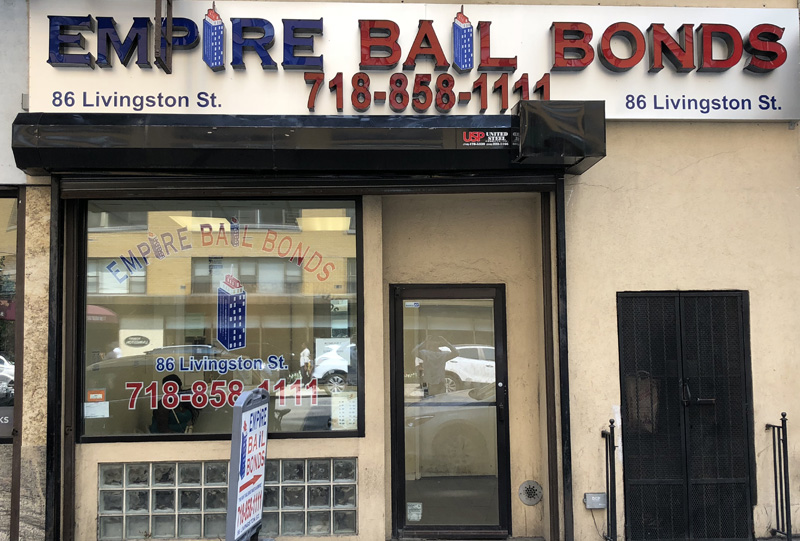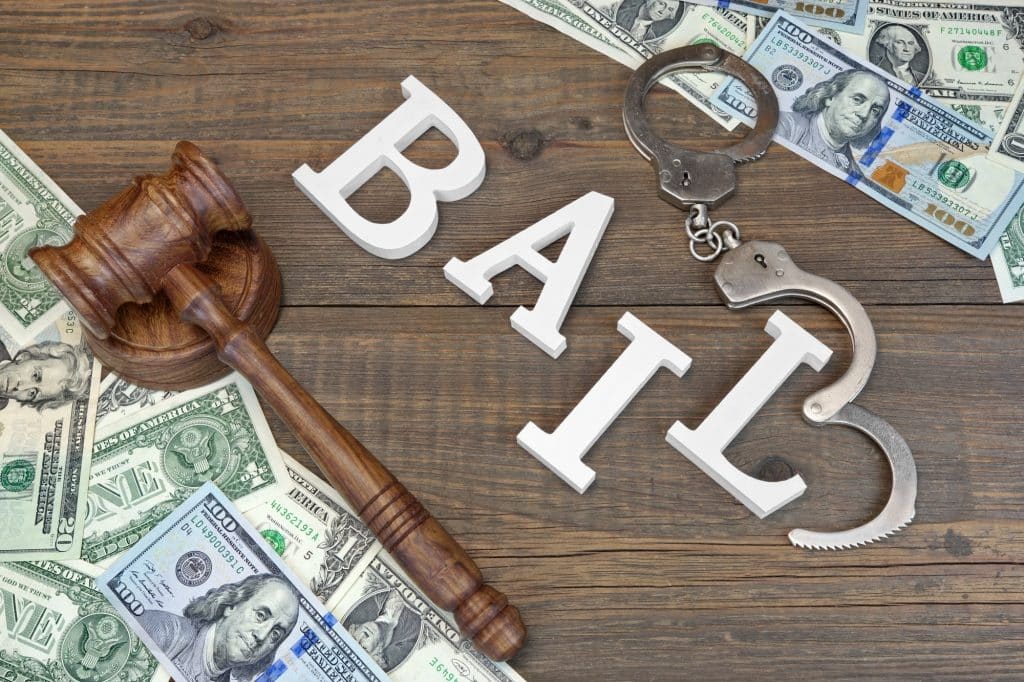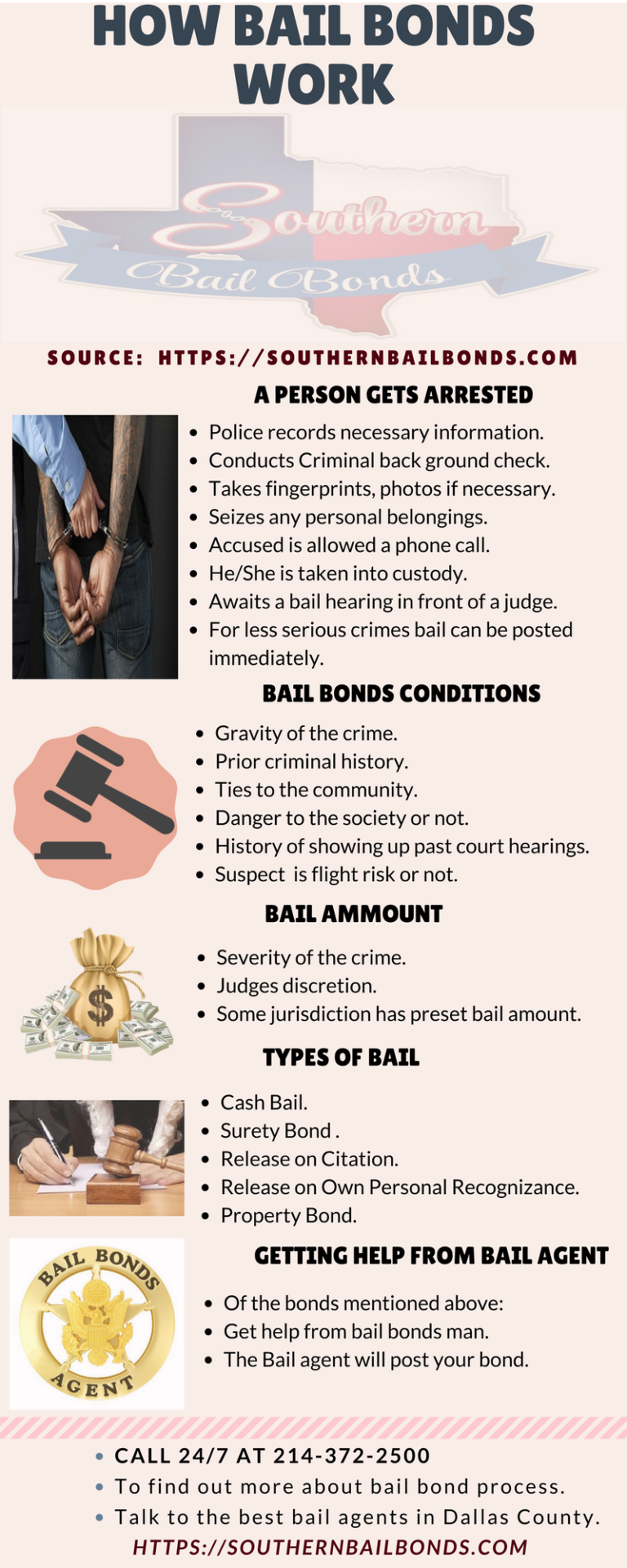Unlocking the Keys of Bail Bonds: A Comprehensive Overview
Browsing the complex world of Bail bonds can usually feel like decoding a cryptic code, with layers of intricacy that remain hidden to many. From the different types of Bail bonds offered to the pivotal duty of a co-signer, each element plays an essential part in this lawful procedure.
Comprehending Bail Bonds Refine
When facing a legal scenario that needs posting Bail, comprehending the Bail bonds process is vital to browse the complexities of the judicial system effectively. Bail bonds offer as a monetary warranty to the court that the offender will certainly show up for all called for court appearances. This procedure involves a bond bondsman, that typically charges a non-refundable charge, typically around 10% of the overall Bail amount, to post the Bail in behalf of the defendant.

Moreover, collateral, such as home or properties, may be needed to safeguard the bail bond. Understanding the terms and conditions of the bail bond agreement is vital to make certain compliance and avoid any type of additional lawful consequences. By understanding the Bail bonds process, people can make informed choices when navigating the legal system.
Kinds Of Bail Bonds Available
The most typical type is a surety bond, where a bail bondsman pays the complete Bail quantity on part of the defendant in exchange for a non-refundable fee, typically around 10% of the total Bail. Money bonds require the full Bail amount to be paid in cash money prior to the accused can be launched.
Furthermore, there are federal Bail bonds for situations entailing federal costs and migration bonds for individuals detained by Migration and Customs Enforcement (ICE) Understanding the numerous kinds of Bail bonds available can assist offenders browse the lawful process a lot more efficiently.
Responsibilities of the Co-Signer

Furthermore, as a co-signer, you are responsible for guaranteeing that the offender follows any conditions bail sentence set by the court, such as attending counseling or refraining from specific tasks. It is vital to maintain open interaction with the offender to monitor their conformity and resolve any problems without delay. Inevitably, being a co-signer includes a considerable degree of count on and responsibility, as you are monetarily and legitimately connected to the offender's Bail obligations.
Consequences of Avoiding Bail

Avoiding Bail can have severe legal consequences for both the offender and the co-signer involved in the bail bond arrangement. When a defendant falls short to appear in court as needed after publishing Bail, the court commonly issues a warrant for their apprehension. This not only aggravates the accused's lawful concerns however also puts the co-signer in danger.
For the defendant, missing Bail can result in additional criminal charges, such as contempt of court or Bail jumping, which can cause fines, a retraction of Bail advantages, or even imprisonment. Additionally, the accused may lose the Bail amount paid and any kind of collateral given.
Co-signers additionally deal with substantial consequences if the defendant misses Bail. As the co-signer guarantees the offender's look in court and is monetarily accountable for the full Bail amount, they may be called for to pay the entire Bail if the offender absconds. This can cause monetary stress, harmed debt, and potential legal action against the co-signer.
Trick Aspects in Bail Bond Authorization
Extra major offenses may lead to greater Bail quantities or also a denial of Bail entirely. A background of previous sentences or a pattern of avoiding court dates can elevate red flags and make it tougher to secure a bail bond.
Furthermore, the ties the defendant my explanation has to the neighborhood can affect the approval of a bail bond. The capability to pay the Bail amount or give security can raise the opportunities of bail bond approval. Ultimately, a mix of these aspects is evaluated by the court when determining whether to authorize a right here bail bond.
Verdict
To conclude, recognizing the Bail bonds procedure, the types readily available, the obligations of the co-signer, the repercussions of missing Bail, and the key consider bail bond approval are vital for browsing the legal system. By acquainting oneself with these elements, people can make enlightened decisions and make certain a smoother process when taking care of Bail bonds. It is very important to comply with the guidelines and requirements set forth to prevent any kind of prospective problems.
The most typical type is a guaranty bond, where a bail bondsman pays the full Bail quantity on behalf of the defendant in exchange for a non-refundable fee, generally around 10% of the overall Bail. By authorizing the bail bond agreement, you are taking on the responsibility of guaranteeing the complete Bail quantity if the accused stops working to show up in court - montgomery county bail bonds.Skipping Bail can have significant legal repercussions for both the defendant and the co-signer entailed in the bail bond arrangement. The capability to pay the Bail quantity or give collateral can enhance the opportunities of bail bond approval.In verdict, comprehending the Bail bonds procedure, the types readily available, the duties of the co-signer, the consequences of skipping Bail, and the key variables in bail bond approval are critical for browsing the legal system